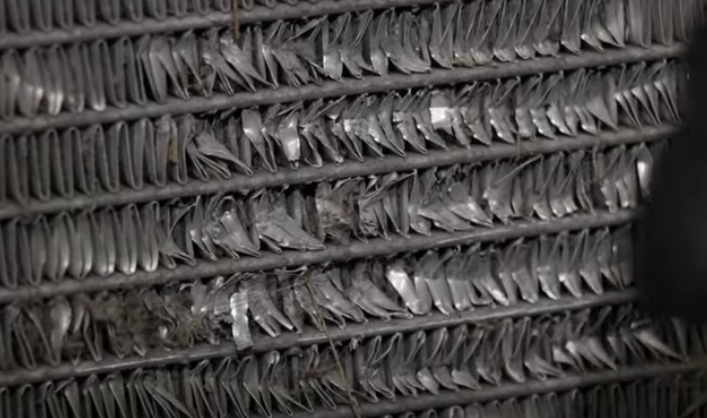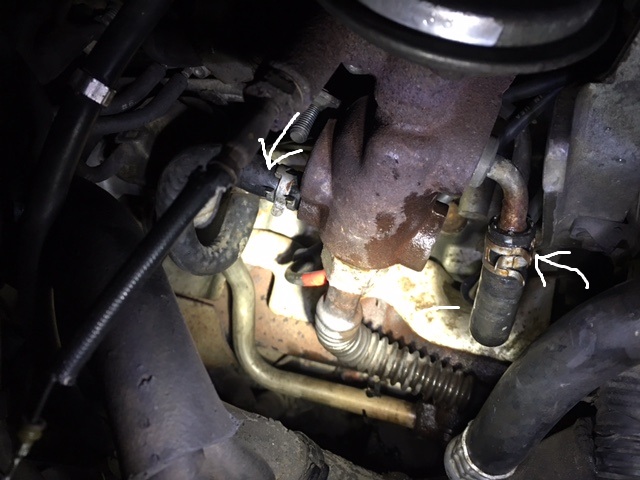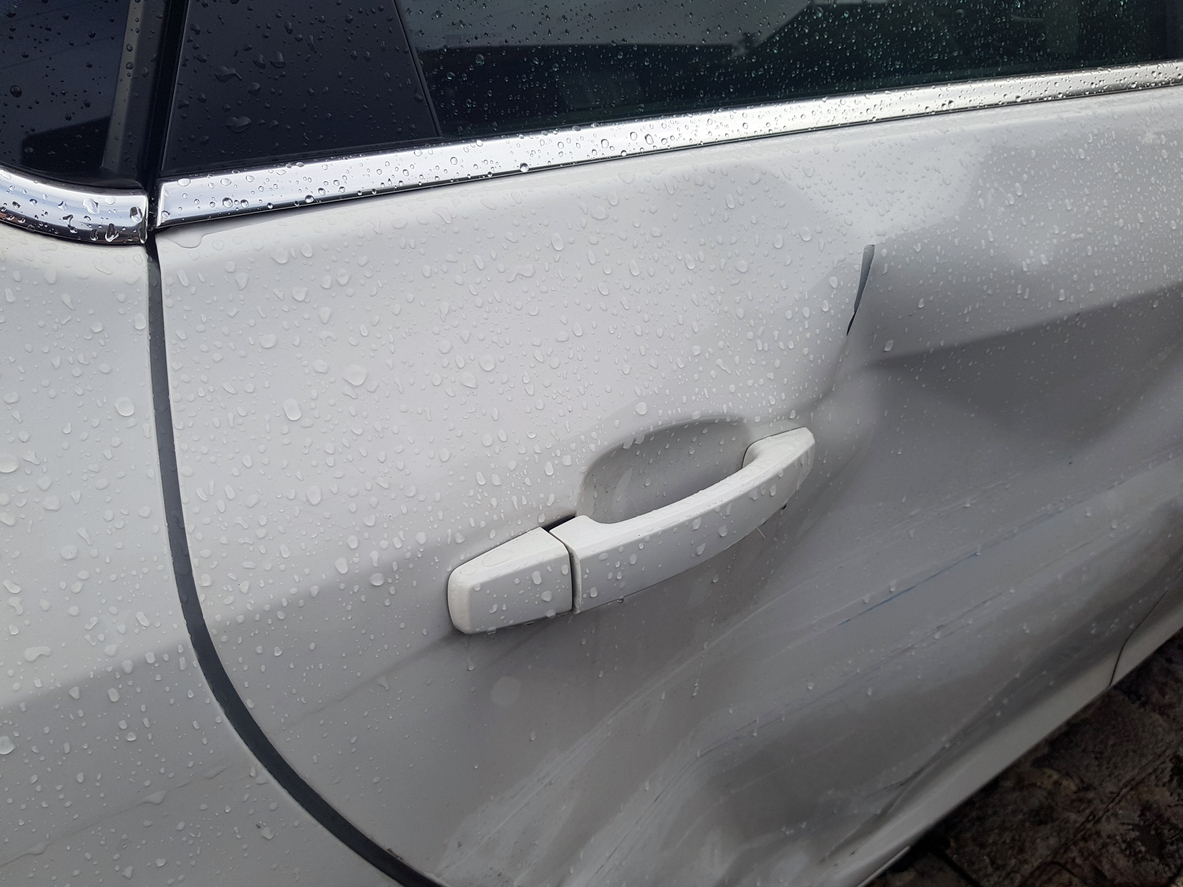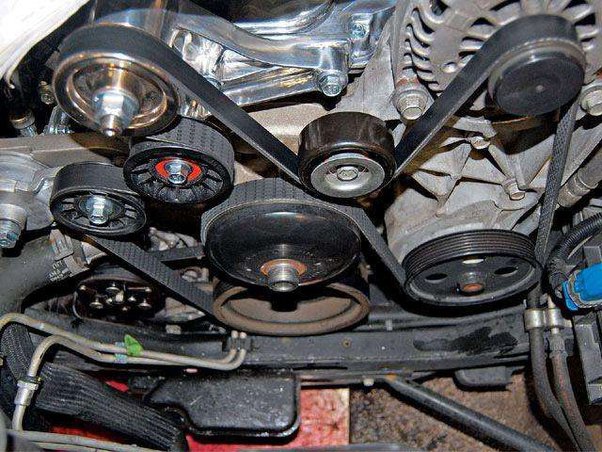Can a Bad Radiator Cause Overheating
Yes, a bad radiator can cause a car to overheat. A malfunctioning radiator fails to cool the engine properly, leading to overheating.
Maintaining a functional radiator is crucial for your car’s engine to operate within safe temperature limits. The radiator dissipates heat absorbed by the coolant from the engine block, preventing the engine from running too hot. Should the radiator be clogged, leaking, or damaged, it cannot perform this essential task effectively, which puts the engine at risk.
Overheating not only affects vehicle performance but also can result in severe engine damage if left unchecked. Regular radiator maintenance, such as flushing the cooling system and checking for physical damage, ensures your vehicle remains reliable and prevents costly repairs down the line. Consistent monitoring of the temperature gauge and addressing any cooling system irregularities promptly will keep your engine cool and your driving experience smooth.
The Role Of A Radiator In Vehicle Temperature Regulation
The Role of a Radiator in Vehicle Temperature Regulation is critical to a car’s performance. A malfunctioning radiator can lead to overheating, a serious issue for any vehicle. Understanding how a radiator functions and its importance in maintaining the engine temperature can save you from roadside breakdowns and costly repairs.
How A Radiator Operates
The radiator is the main component in a vehicle’s cooling system. It works by transferring the heat from the engine’s coolant to the outside air. The process starts when the thermostat detects high engine temperature. Then, it sends the hot coolant to the radiator.
Cool air passes through the radiator’s fins as the vehicle moves. This cools down the liquid inside. The now cooler coolant cycles back to the engine. This keeps the engine at a safe operating temperature.
Significance Of Coolant Flow
Continuous coolant flow is essential for the radiator to function properly. Any blockage can lead to a serious problem. Coolant carries heat away from the engine and must flow freely through the radiator’s network of tubes.
- Proper flow prevents engine parts from melting or warping.
- It ensures consistent temperature management.
- Blocked or limited flow can cause overheating.
Regular maintenance helps keep the coolant flow uninterrupted. Always make sure that the radiator is free of debris and the coolant levels are adequate. This simple check can preserve your car’s longevity and performance.

Credit: www.cutterwaipahumazda.com
Symptoms Of Radiator Problems
Symptoms of Radiator Problems become evident when your car’s engine starts to act up. A bad radiator can indeed lead to overheating, a serious issue for any vehicle. Keep an eye out for these telltale signs your radiator might be failing.
Visible Coolant Leaks
Coolant puddles under your car are a clear indicator of trouble. These bright green, pink, or yellow-green fluids signal a leak which, if ignored, can cause major engine damage. Always check for wet spots on your driveway or parking space.
Discoloration And Corrosion Signs
Check for streaks or rusty spots around the radiator. Discoloration and corrosion compromise the radiator’s integrity. This leads to leaks and reduced cooling efficiency, which can escalate to engine overheating if left unaddressed.
Fluctuating Temperature Gauge
A temperature gauge jumping from normal to high is worrying. This inconsistency often suggests that the radiator isn’t regulating engine temperature properly. Immediate attention is needed to prevent potential engine damage.
Mechanisms Behind Radiator-induced Overheating
Your car’s radiator is crucial to keep the engine cool. A bad radiator can cause your car to overheat. We will explore how this can happen.
Blocked Passages And Reduced Heat Dissipation
Blocked passages in a radiator prevent your car from cooling down properly. Heat builds up and leads to overheating. Let’s look at how this can occur:
- Dirt and debris: Can clog radiator fins.
- Rust: Might build up and block coolant flow.
- Bent fins: Could restrict air and reduce cooling.
These problems stop your radiator from releasing heat effectively. Over time, that can cause extreme heat in your engine.
Coolant Contamination And Its Consequences
Clean coolant is essential for a healthy radiator. Contaminated coolant can hurt engine temperature control. Below are issues that arise from coolant contamination:
- Sediment: Can settle in the radiator.
- Oil: Might leak into the coolant and interrupt heat transfer.
- Chemical reactions: Could create sludge and lead to blockages.
This contaminated coolant is less effective and can’t keep the engine cool. Overheating may happen as a result.

Credit: www.youtube.com
Troubleshooting A Faulty Radiator
Is your car showing signs of overheating? It might be time to check the radiator. A bad radiator can lead to serious engine damage. Identifying radiator issues early is key. Let’s dive into troubleshooting steps to keep your engine cool and running smoothly.
Steps For Identifying Radiator Issues
Detecting a faulty radiator involves several important steps:
- Check the coolant level: Open the radiator cap when the engine is cool. Ensure the coolant reaches the fill line.
- Inspect for leaks: Look for coolant on the ground where you park. Spotting green or orange fluid can signal a leak.
- Observe the temperature gauge: A fluctuating or high temperature gauge hints at radiator problems.
- Assess for blockages: Feel the radiator hoses. Cold spots suggest clogs preventing proper coolant flow.
- Evaluate the radiator fan: Ensure the fan kicks in as the engine warms up. A still fan could be a culprit.
When To Seek Professional Help
Sometimes, radiator issues need an expert’s touch. Look for these signs:
- Persistent overheating: If your car frequently overheats despite troubleshooting, get professional help.
- Complex leaks: Leaks involving multiple areas or internal engine leaks require a mechanic’s expertise.
- Overheating with no apparent cause: An expert can diagnose less obvious issues leading to overheating.
- Don’t wait if you’re unsure. A bad radiator can escalate quickly into a bigger problem. Take your car for a professional assessment promptly.
Preventive Measures And Maintenance Tips
Keeping your car cool is vital to its performance. A bad radiator can lead to overheating. But, there’s hope with the right care. Follow these tips to keep your engine at the right temperature.
Regular Radiator Flushes
A clean radiator works best. It needs regular flushes. This means replacing the old coolant with new. Old coolant can’t protect well. It could lead to overheating. Aim for a flush every 30,000 miles or two years.
Here’s how to do it right:- Turn off the car and let it cool.
- Find the radiator drain plug.
- Put a bucket underneath.
- Open the plug and let the coolant drain.
- Close the plug and add new coolant.
- Check that no leaks are present.
Inspecting For Wear And Damage
Regular checks on your radiator spot trouble early. Look for leaks, rust, and damage. These are bad signs. They mean your radiator needs help.
What to check:- Hoses for cracks or soft spots.
- Radiator for rust or discoloration.
- Connections for tightness and leaks.
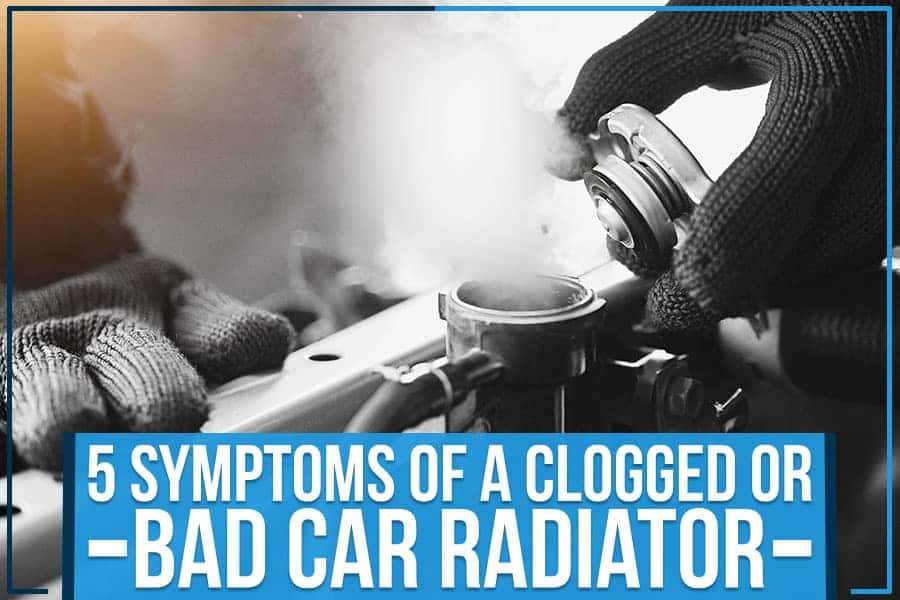
Credit: www.scottrobinsonhonda.com
Impact Of Overheating On Engine Performance
When your car’s radiator fails, overheating quickly follows. Engine overheating can spell disaster for your vehicle’s performance. It reduces engine efficiency and power. Worse, it can lead to severe engine damage.
Risks Of Ignoring Overheating Symptoms
Spotting an overheating engine early is crucial. Don’t ignore these signs:
- Temperature gauge spikes
- Strange engine smells
- Steam from the hood
If unchecked, these symptoms can cause irreversible damage to your car’s heart.
Long-term Consequences For Engine Components
An overheated engine affects components like:
| Component | Function | Effect |
|---|---|---|
| Head Gasket | Seals engine blocks | Busts under extreme heat |
| Cylinders | Powers engine | Warp and fail |
| Radiator | Cools the engine | Cracks and leaks |
Long-term neglect could mean total engine rebuild or replacement. This is costly and time-consuming.
Keep your engine cool, your performance high, and your expenses low by acting on overheating signs promptly.
Frequently Asked Questions Of Can A Bad Radiator Cause Overheating
Can A Bad Radiator Lead To Engine Overheating?
Yes, a faulty radiator can cause engine overheating. It impedes the cooling process by restricting coolant flow or through leaks. This results in insufficient heat dissipation, causing the engine temperature to rise to dangerous levels.
What Signs Indicate A Radiator Problem?
Signs of radiator problems include coolant leaks, fluctuating temperature gauge, and visible rust or deposits. Overheating and a sweet coolant odor coming from the engine bay are also common indicators.
How Often Should Radiators Be Replaced?
Radiators don’t have a set replacement interval. Instead, they should be replaced when they show signs of malfunction, such as leaks, corrosion, or cooling inefficiency. Regular maintenance can help prolong a radiator’s lifespan.
Does A Radiator Affect Car Performance?
A defective radiator can severely affect car performance. It may lead to engine overheating, causing reduced power, increased fuel consumption, and in severe cases, engine failure.
Conclusion
Ensuring your vehicle’s radiator remains in prime condition is essential. Neglecting it may lead to severe overheating and engine damage. As we’ve discussed, a bad radiator is indeed a common culprit of overheating. Regular maintenance checks are crucial to spot potential issues early.
Stay proactive with radiator care to keep your engine cool and running smoothly.

